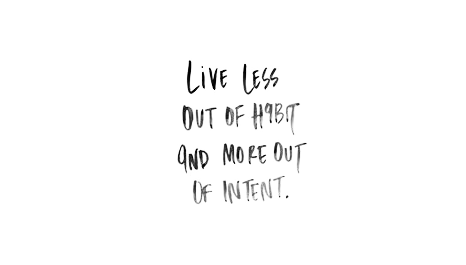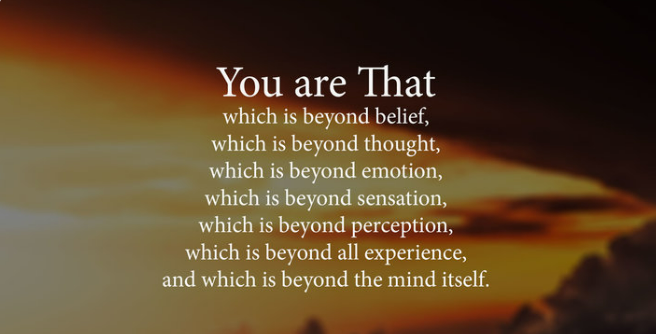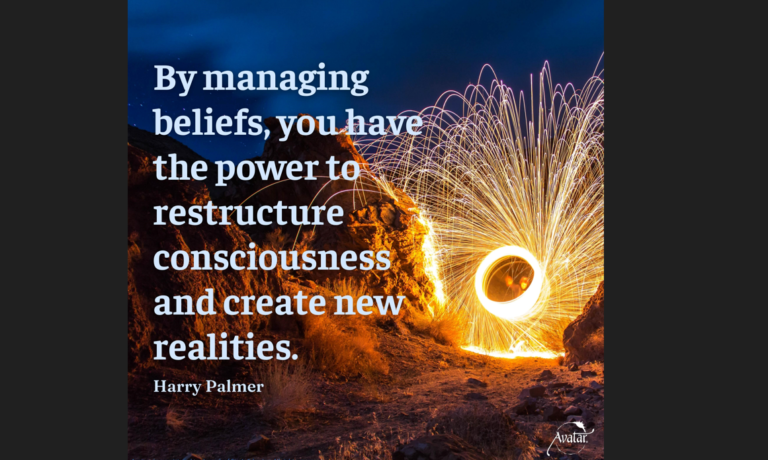Default vs. Deliberate, distinctions
Last week, we talked about the default setting of the mind, as opposed to deliberate choosing.
It was pointed out, that the default setting would pretty much be a function of past conditioning, hence reflecting all the identifications with the belief systems, concepts, and qualities of character that make up the sense of identity (me, person, sense of self, etc.).
Deliberate action and choosing, on the other hand, are said to be more likely to lead to outcomes that are different from chronic programming.
As to be expected, the seeking mind immediately wants to know, what needs to be done to achieve desired changes.
Many schools of thought, philosophies, and religions, ancient spiritual teachers as well as contemporary speakers are offering abundant advice, on what to do.
At the end of the proverbial day, it typically boils down to this: is there a seeker, that exists as a separate individual self? And if there was, would the right knowledge and sufficient practice produce the desired outcomes? The objectives here often include the liberation from the burden of everyday life, an experience of freedom, and the realization of a Self that transcends the existence of a separated individual.
Conventional models of change, as peddled by religions and educational systems suggest, that indeed, knowledge and its consistent and proper application would lead to the desired results.
On the other end of the spectrum, an emergence of radical nondual speakers are expressing new perspectives and viewpoints that are drastically different: they are alleging that the very concept of a separated self, referred to as “me”, is illusionary. To prove their thesis they often invite the seeker or student to take a closer look: “right now, can you see or find any evidence for a separate ‘me’ to be present?”
Notwithstanding all the epistemological and philosophical differentiation and assertions, there is typically an agreement that the “me” cannot be found. The conclusion drawn is therefore the notion that the separate, personal self does not exist. Such a realization is a drastic game changer, and only accessible to those, who are fascinated by such a radical perspective on the nature of life.
In the context of the-hum, there is no one size fits all answer as to what is real and true. Their weekly meetings are an invitation to take a direct look at what is going on in the crucible of the very moment: what “is” where “is happening” before we bring in other typical models and convictions about what reality is.
So in a sense, the-hum is offering a laboratory for participants to discover what is happening at that very moment. The key here is an ability to look at a phenomenon without the typical projection we tend to direct onto what is happening. Can that be practiced? Can practice improve such ability? Sure, it is important, to distinguish between what actually “is” and what is filtered through our mental perceptual apparatus. In that sense, radical non-dualism and its associated viewpoints, are allowing for the perception of what is happening, before thoughts are dissecting and interpreting that which is stimulating our sensory system.
How is this practically done? Stories, which are strung together by memories, concepts, and belief systems need to be distinguished, and dropped, to allow for a more pure perception of what is. Can that be practiced? Sure, to the extent that the practitioner ultimately is seen as just being a concept itself: a hypothetical entity, referred to as “me”. So to fully appreciate “what is” requires letting go of that notion of being a separate self.



